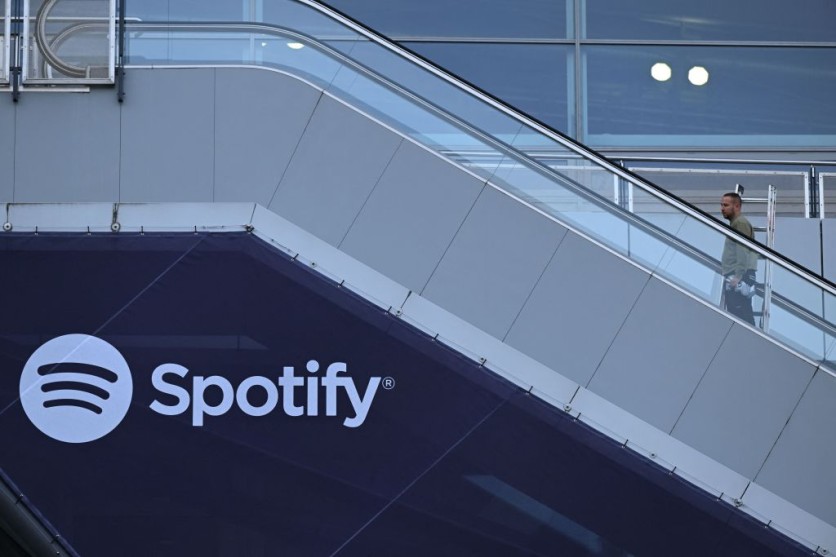Spotify is now focusing on being more efficient and changing how they pay artists. This change means that certain types of audio, like white noise, will need more streaming time to count as a play.

Shifting Towards Operational Efficiency
Spotify is on the brink of a major transformation. As reported by Loud Wire, the streaming giant has been under fire for its leniency towards streaming fraud, extravagant spending on initiatives like podcasts, and the persistent issue of inadequate compensation to music artists.
After years of being dubbed as the go-to platform for the "masses," Spotify's leadership is now publicly emphasizing a shift towards operational efficiency during their recent earnings call. Additionally, information has surfaced regarding an overhaul of the royalty model that favors more established artists.
Spotify is set to implement new monetization criteria early next year. Normally, 30 seconds of audio streaming constitutes a play, regardless of whether it's a chart-topping Taylor Swift song or a brief recording of ambient noise like an airplane engine.
Normally, 30 seconds of audio streaming constitutes a play. However, for specific types of audio, such as white noise or pink noise, the play threshold will be increased. The more contentious alteration revolves around tracks that generate less than $0.05 per month, these tracks will no longer receive royalties.
Additionally, Ticker TV reported that Spotify is introducing a minimum length of play-time for non-music "noise" tracks in order for them to generate royalties. This will prevent short snippets of audio or irrelevant noise from receiving royalties, ensuring that the pool is reserved for legitimate music.
These changes have sparked discussions between Spotify and major music corporations such as Universal Music Group, Warner Music Group, and Sony Music Entertainment.
With these new measures in place, Spotify aims to create a more balanced and sustainable ecosystem for artists. By demonetizing low-streaming tracks and combating fraudulent activity and non-music noise, the company seeks to prioritize working artists and ensure that their hard work is duly rewarded.
Facing Backlash
This news has triggered a swift reaction from the music community, who view it as an effort to appease major record labels and their superstar artists. While this perspective is not entirely baseless, the practical effects of this change are likely to have minimal consequences for individual artists.
For independent artists, the loss of less than $0.60 per year due to streaming royalties is unlikely to significantly affect their income. Furthermore, Spotify justifies that a substantial portion of this revenue goes unrealized because processing costs exceed the meager payments.
In the case of major record labels, the impact is also expected to be relatively small. As reported by The Verge, Spotify estimates that these low-play tracks will generate $40 million annually.
However, when distributed among the major labels, this figure represents a negligible fraction of their substantial revenues. Universal Music Group reported music revenue exceeding $8 billion last year, Warner Music Group accrued $5 billion, and Sony Music generated $4 billion.

ⓒ 2026 TECHTIMES.com All rights reserved. Do not reproduce without permission.




